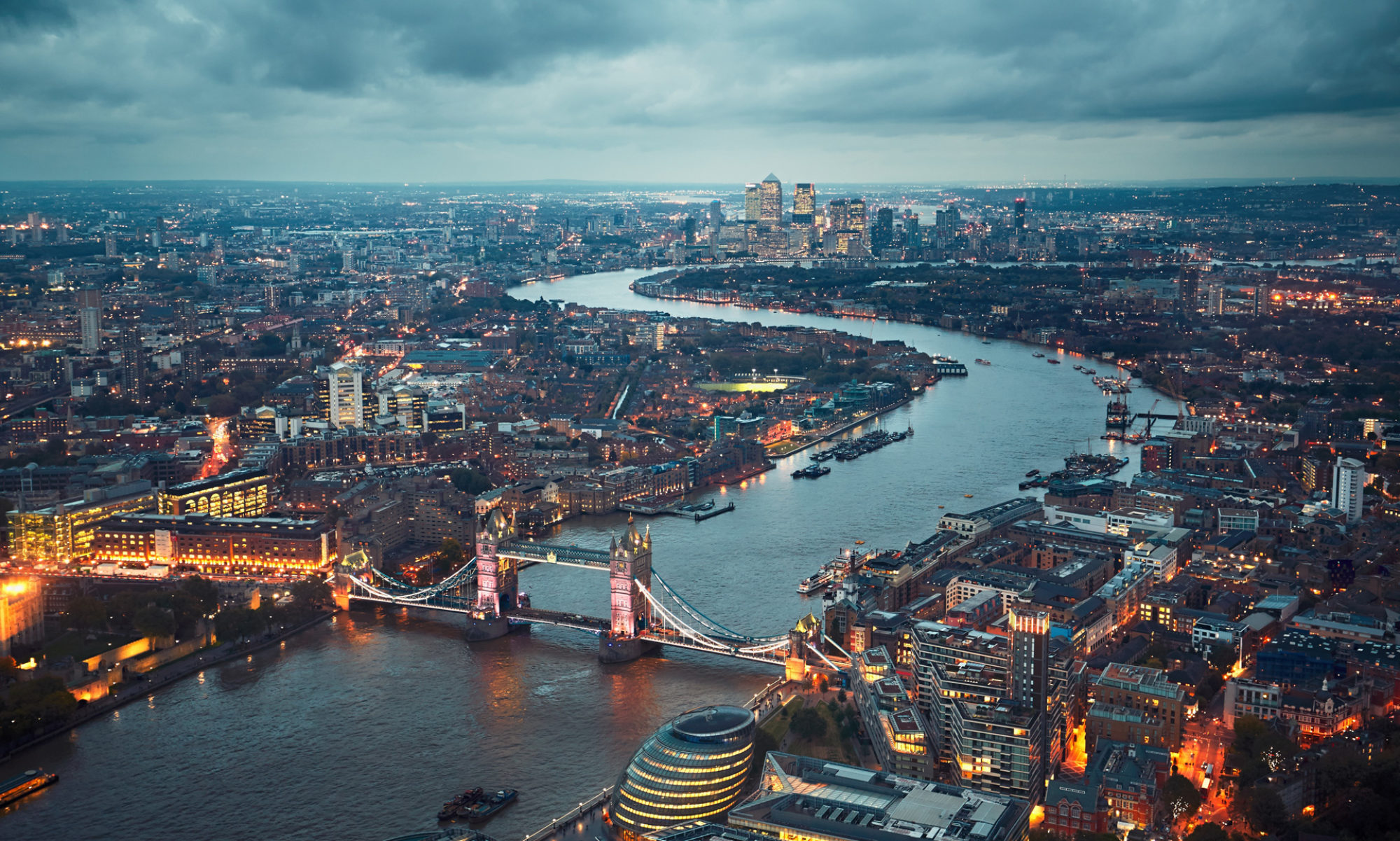“Legalisation” typically refers to the process of making something legal that was previously illegal or not regulated. This term is often associated with changes in law and policy, particularly in areas such as drug policy, gambling, marriage laws, and other activities or substances that have been restricted by the government.
Common Contexts of Legalisation
- Drug Legalisation:
- Cannabis: One of the most prominent examples in recent years is the movement to legalise cannabis for medical or recreational use. Several countries and states have changed their laws to allow the cultivation, sale, and use of cannabis under regulated conditions.
- Other Drugs: There are also discussions and movements around the legalisation or decriminalisation of other controlled substances, often focusing on harm reduction and public health perspectives.
- Gambling:
- Legalising various forms of gambling, such as casinos, sports betting, and online gambling, is another common area where governments have changed laws to allow and regulate these activities to generate revenue and control illegal gambling activities.
- Marriage Equality:
- The legalisation of same-sex marriage is another significant legal change that has occurred in many parts of the world, recognising the right of same-sex couples to marry and enjoy the same legal benefits as heterosexual couples.
- Prostitution:
- Some jurisdictions have legalised or decriminalised prostitution, allowing sex work to be regulated in order to protect workers and reduce associated crimes.
- Euthanasia and Assisted Suicide:
- Legalisation in this context refers to allowing individuals to choose to end their life with medical assistance under specific circumstances, which is a contentious and heavily debated issue.
Legalisation Process
The process of legalisation generally involves:
- Legislation: Passing new laws or amending existing ones to remove prohibitions and establish regulations.
- Regulation: Creating a framework for oversight and enforcement, often involving the establishment of regulatory bodies or agencies.
- Implementation: Putting the new laws and regulations into practice, which can involve setting up systems for licensing, monitoring, and enforcement.
- Public Awareness: Informing the public and relevant stakeholders about the changes, their rights, and responsibilities under the new legal framework.
Benefits and Challenges
Benefits:
- Economic Gain: Legalising and regulating previously illegal activities can create new sources of revenue through taxation and business development.
- Public Health and Safety: Regulation can help ensure safer practices, reducing harm and improving public health outcomes.
- Reduction in Crime: By removing the illegal status of certain activities, governments can reduce the criminal activities associated with those activities and focus law enforcement resources elsewhere.
Challenges:
- Moral and Ethical Concerns: Legalisation often faces opposition based on moral, ethical, or cultural beliefs.
- Regulatory Complexity: Establishing effective regulatory frameworks can be complex and resource-intensive.
- Unintended Consequences: There can be unforeseen impacts, such as increased use or dependency, that require ongoing assessment and adaptation of policies.
Overall, legalisation is a multifaceted process that involves balancing various social, economic, and political factors to achieve desired outcomes while mitigating potential negative effects.

